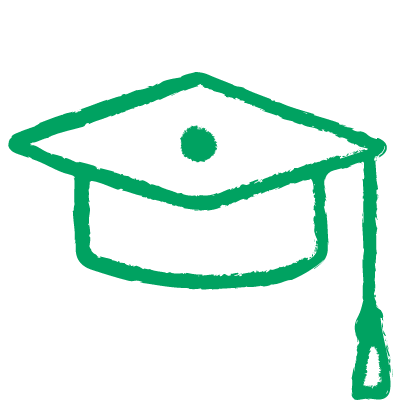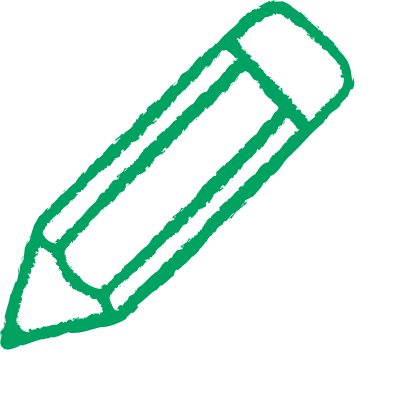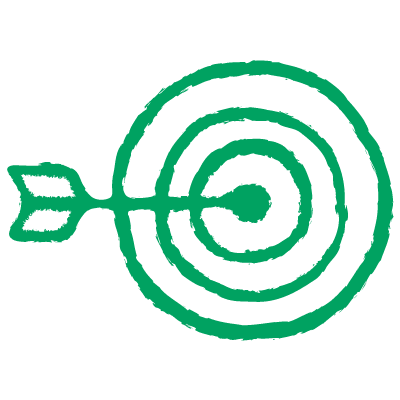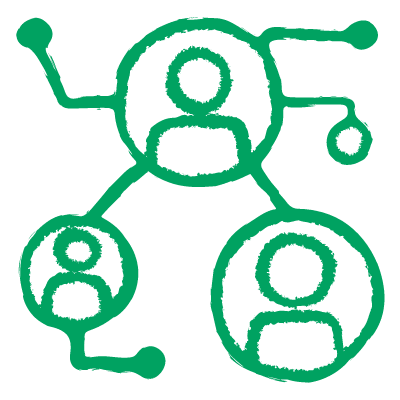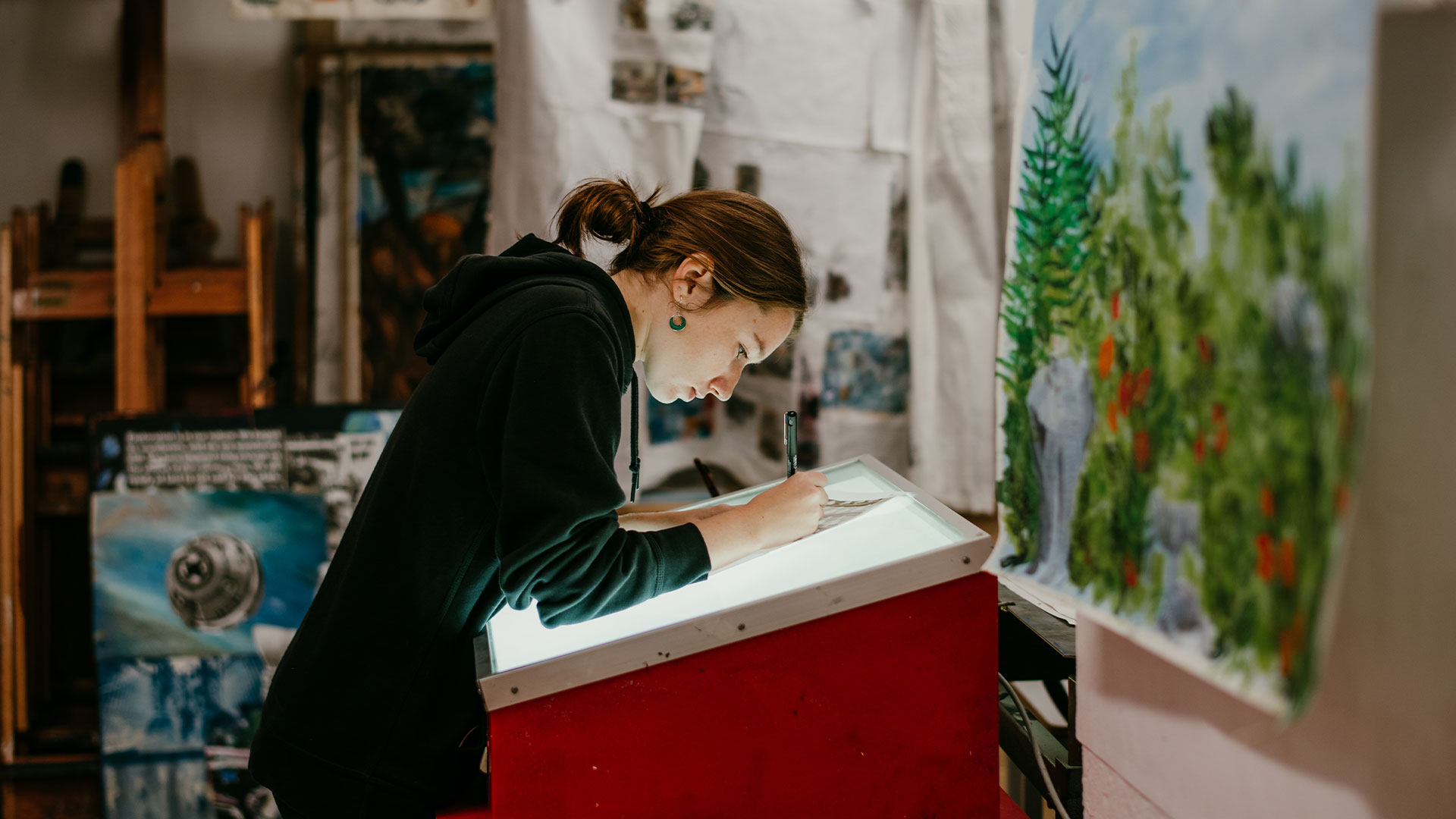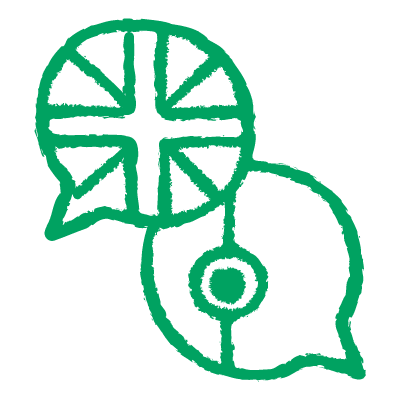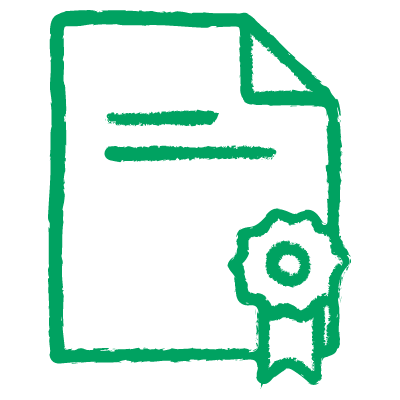Key Stage 5, Ages 16-18)
St. Julian’s was the first school in Portugal to offer the IB Diploma Programme in 1986. Since then, our programme has developed significantly and we now almost 100 students in each year of the two-year programme.
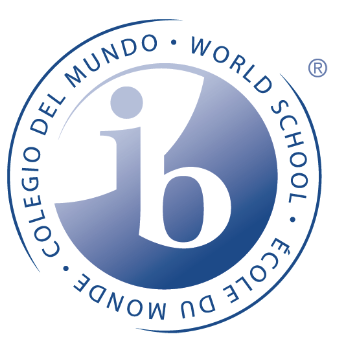
The IB approaches to teaching and learning underpin the St Julian’s pedagogy and our approaches to learning through our 10 St Julian’s Learning Essentials.
St. Julian’s is proud of the achievement of its students and their record of entrance to some of the best universities in the world. Almost 100% go on to attend universities in the United Kingdom, Portugal and other countries in Europe, Canada and the United States. The school has been able to obtain excellent university and college placements for students by both maximising their potential and with the excellent support of our Student Futures Team which consists of four university counsellors.

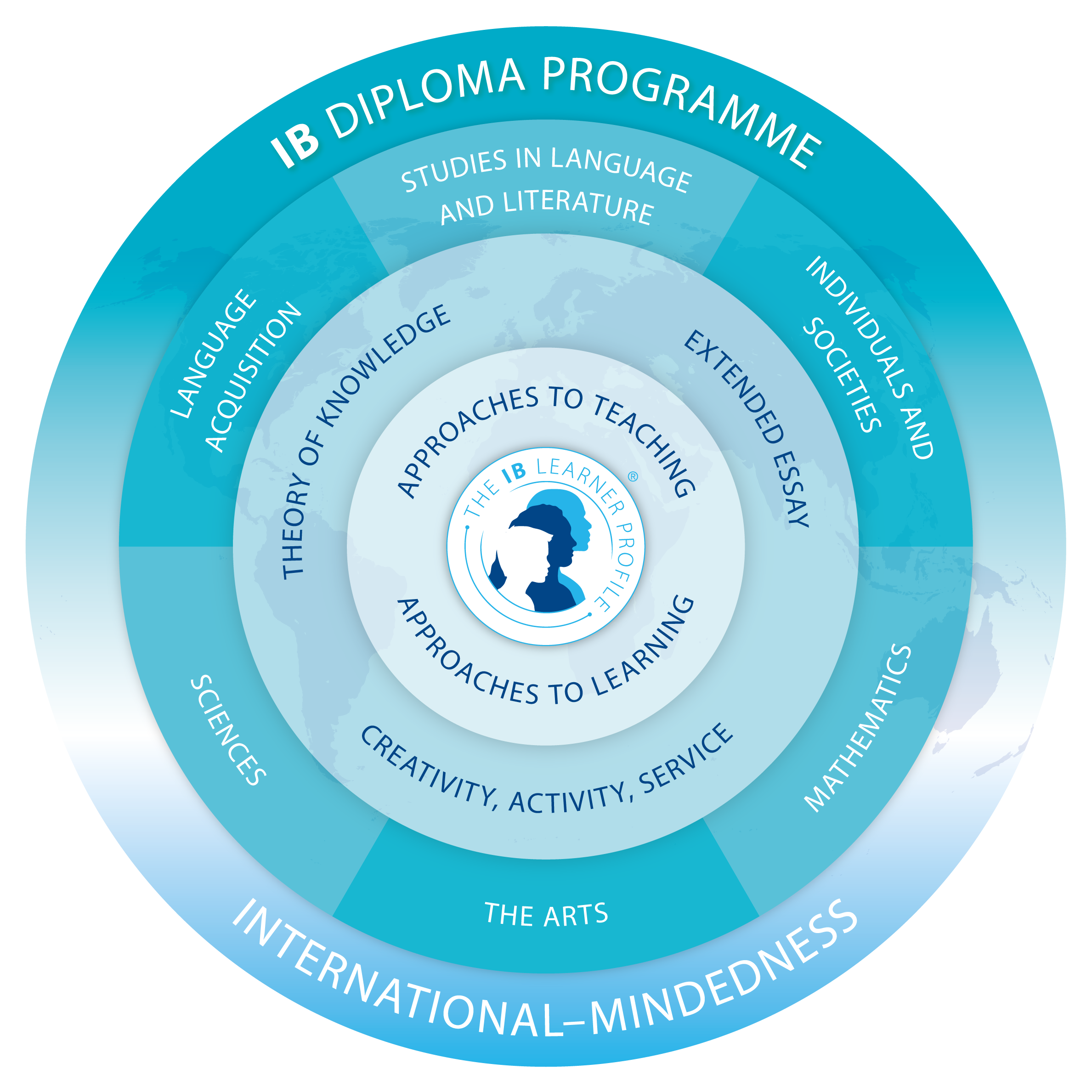
Collaborative and independent learning is fostered through a variety of group activities relevant to the subject and context.
All subjects are taught by qualified, IB-trained and experienced staff. The size of teaching groups is kept small, thus enabling high-quality student-teacher relationships and more individual attention. Students enjoy a safe and stimulating environment which encourages them to take risks in their own learning, an important attribute of the IB Learner Profile that is integrated into the school’s 6Cs: Compassionate, Curious, Courage, Citizenship, Courageous and Collaborator.
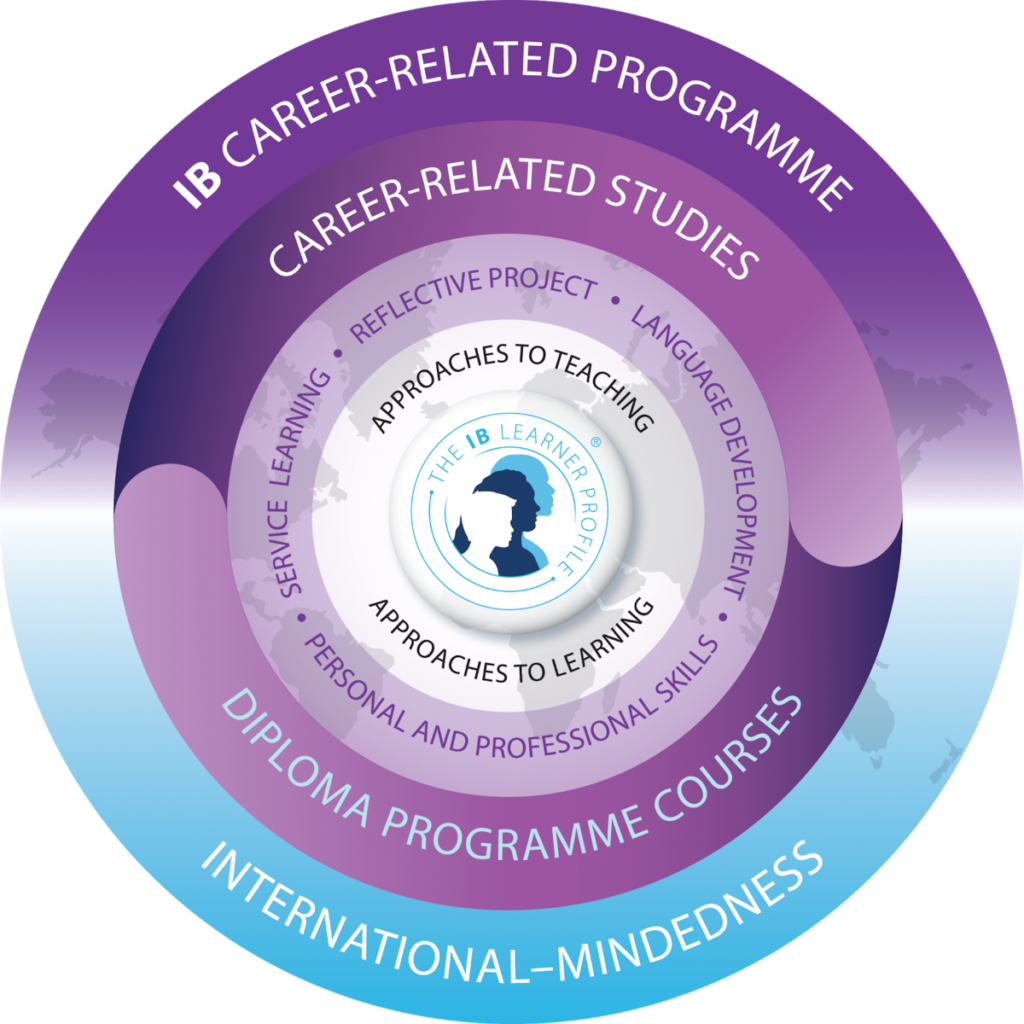
For the academic year, 2024/25, St. Julian's School is a candidate school* for the Career-related Programme. St. Julian’s is pursuing authorization as an IB World School. IB World Schools share a common philosophy - a commitment to high -quality, challenging, international education - that we believe is important for our students.
* Only schools authorized by the IB Organization can offer any of its four academic programmes: the Primary Years Programme (PYP), the Middle Years Programme (MYP), the Diploma Programme (DP), or the Career-related Programme (CP). Candidate status gives no guarantee that authorization will be granted.
For further information about the IB and its programmes visit http://www.ibo.org.
Entry Requirements
We aim to ensure that students embark on IB programmes with the best opportunity of being successful in the course. For this reason, we consider the ability of individual students to meet the demands of the different parts of the programme, including their chosen subjects. The minimum entry requirement is the equivalent of six Grade Cs at GCSE level.
Subjects
The start of the IB Diploma course begins in Year 12 with a very successful and exciting five-day trip to Granada where students are inducted into key aspects of ToK (Theory of Knowledge), CAS (Creativity, Activity, Service) and the IB Learner Profile, and learn the importance of becoming independent, inquiring, responsible learners and global citizens.
Throughout the two-year course, students participate in a wide range of activities in the school’s CAS programme. These activities include sports, art, drama and music sessions, among others. Voluntary service is carried out in a range of centres in the community, many of which the school has had links with for many years. Experiential learning plays a key role in community service.
Students are introduced to the Extended Essay (EE) in the second term of Year 12. They are guided through the process by the EE Co-ordinator and each student has an essay supervisor, a subject specialist, who monitors and advises the student on a regular basis.
Subjects Offered for 2025/26 (Provisional)
Group 1: Studies in Language and Literature
- Literature: English/Portuguese (HL/SL)
- Language and Literature: English/Portuguese/Spanish/ (HL/SL)
- Other languages may be considered
Group 2: Language Acquisition
- English B (HL/SL)
- French B (HL/SL)
- German B (HL/SL)
- Portuguese B (HL/SL)
- Spanish B (HL/SL)
- Spanish ab initio (SL)
- Other languages may be considered
Group 3: Individuals and Societies
- Business Management (HL/SL)
- Economics (HL/SL)
- Environmental Systems and Societies (SL)
- Geography (HL/SL)
- History (HL/SL)
- Psychology (HL/SL)
- Digital Society (HL/SL)
Group 4: Experimental Sciences
- Biology (HL/SL)
- Chemistry (HL/SL)
- Computer Science (HL/SL)
- Design Technology (HL/SL)
- Environmental Systems and Societies (SL)
- Physics (HL/SL)
- Sports, Exercise and Health Science (HL/SL)
Group 5: Mathematics
- Mathematics: Analysis and approaches (HL/SL)
- Mathematics: Applications and Interpretation (SL/HL)
Group 6: The Arts (Electives)
- Music (HL/SL)
- Theatre (HL/SL)
- Visual Arts (HL/SL)
*HL = Higher level, SL = Standard level
Extra-curricular Activities and Trips
Students are given the opportunity to take part in a range of trips and educational visits both within Portugal and abroad. These include MUN conferences, Theatre trips, Duke of Edinburgh Expeditions (Gold & Silver Awards), conversation expeditions to the Serengeti National Park, visits to local art galleries and museums, to name but a few.
Various sports leagues provide for competitions between the international schools in Portugal and abroad. These include football, basketball, volleyball, athletics, cross-country etc. Students can also take part in Geopolitical Society or BioChem Society as well as many other House events e.g. Lawson House Plays, talent shows etc.
The School Council, Ambassadors and House Captains offer Key Stage 5 students the opportunity to take on leadership roles within the school.
